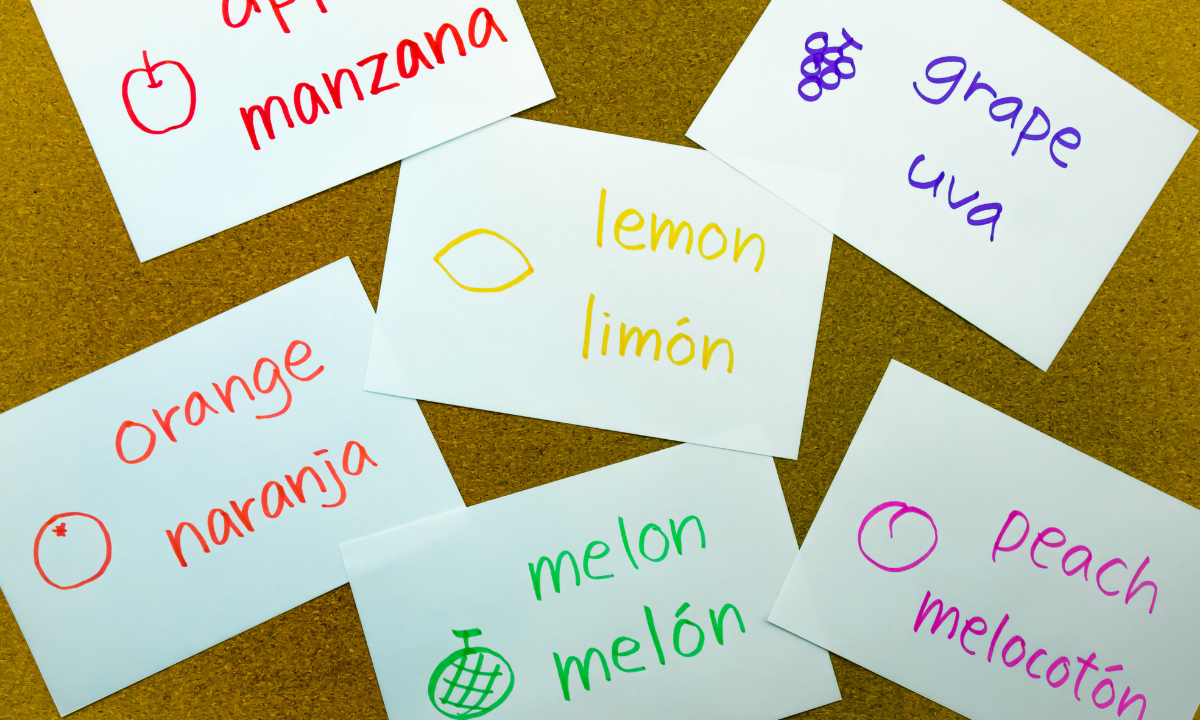I Could Get a Spanish Tutor for My Daughter. Why I’m Letting Her Fail Instead
Adams: Going for help outside the classroom would let the school, and NYC, off the hook for not providing the education all kids are promised

Get stories like these delivered straight to your inbox. Sign up for The 74 Newsletter
My 16-year-old daughter finished 10th grade with A’s in all of her subjects. Except for Spanish 2.
That wasn’t a surprise. For ninth-grade Spanish 1, she had six teachers over the course of the year. (One teacher came back, so it was seven transitions.) She entered the course knowing no Spanish. She exited the course knowing no Spanish. Nevertheless, she was promoted to Spanish 2. There, she had three teachers over the course of the year, and each one assumed the students had mastered Spanish 1. They taught accordingly. So my daughter and her classmates fell further behind.
In New York City, students take a state exam in order to earn a Regents Diploma with Advanced Designation. My daughter is on track to earn that diploma in all her other subjects. But she is nowhere near ready to take, much less pass, the Spanish Regents.
It’s no big deal, well-meaning fellow parents assure me. Just hire a tutor.
I could do that. I’m fortunate enough to have the resources to do that.
But I refuse, and here’s why: because that would let her school — and the entire public education system — off the hook.
New York state has spelled out, in the form of the Regents exam, what it believes to be an appropriate level of Spanish mastery necessary to graduate from high school. Is it not, then, the responsibility of the public education system to make sure every student reaches that level? What’s the point of graduation requirements otherwise?
I have written in the past about “high-performing” schools that rely on well-off parents to prep their children outside the classroom, then happily take credit for their successful test scores.
I’ve written about my engineer husband tutoring our daughter in math when her teacher failed to get the job done.
I have also written about how the Specialized High School Admissions Test, which keeps Black and Hispanic students out of New York City’s top schools, is not the problem but is, instead, evidence of what a terrible job the city is doing educating those students.
I can’t keep being part of the problem. If I were to hire a Spanish tutor for my daughter, if I were to prepare her outside of class to take and pass the Spanish Regents, I would be perpetuating the lie that her public school education was adequate. And that’s damaging to the students who come after us, who don’t have the resources for tutoring, who are exclusively counting on their schools to get the job done.
Aren’t you biting off your nose to spite your face, my well-meaning fellow parents continue to ask. How will sabotaging your daughter’s college admissions chances benefit anybody?
I’ve talked to her about this. She says she understands my decision. That this issue is bigger than her. It’s bigger than our family. It’s bigger than just the students in her class who’ve been subjected to a Spanish teacher merry-go-round.
Students were promised they would know the material. But they weren’t taught it. How is this acceptable?
I understand and even sympathize with families who see that their children are not learning in the classroom and hire tutors to fill the gaps. But when we do that, we are letting the schools and the entire system slide on providing the education they owe our children.
We’ve all had a rough three years. Teachers are struggling to support students performing at wildly different academic levels. I’m not saying it’s easy. But I am saying that it needs to be done. And by the schools, not the families.
Perhaps small-group tutoring is the answer. In his 2022 State of the Union address, President Joe Biden urged schools to use federal COVID relief aid for such programs and called on parents to “make sure your school does just that.”
Perhaps it’s paying teachers better, so students aren’t faced with the kind of constant turnover my daughter and her classmates endured. Perhaps it’s putting students into classes based on their performance level, rather than their age, so all kids can get the precise instruction they need.
Meanwhile, it’s up to parents to hold their schools responsible for imparting the education they promised. One way to do that is by exposing every single time they fall short. Even if it means letting your own child fail.
If enough families do that, schools will no longer be able to sweep their negligence under the rug. They’ll be forced to admit there’s a problem. And finally be pressured — or, if necessary, shamed — into fixing it. For everyone.
Get stories like these delivered straight to your inbox. Sign up for The 74 Newsletter


